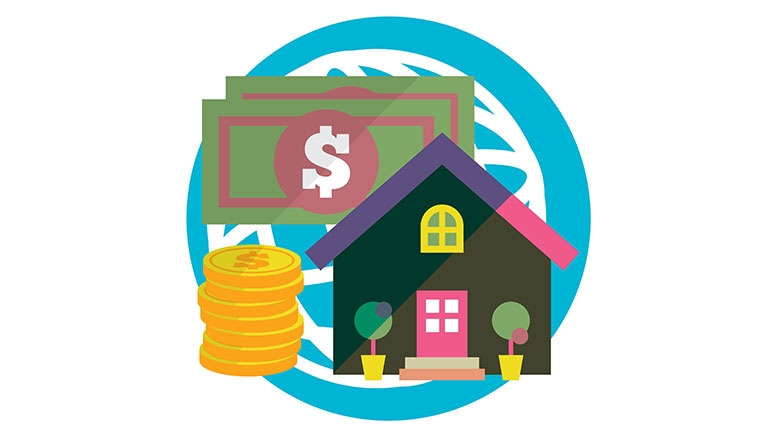New Massachusetts law allows for mortgage relief during coronavirus crisis
New Massachusetts law suspends residential foreclosures and evictions for residential and many business properties during coronavirus crises
Residential property owners with mortgages and residential and commercial tenants could benefit from a new law signed by Governor Baker on April 20, 2020. The law, called “An Act providing for a moratorium on evictions and foreclosures during the COVID-19 Emergency”, halts evictions of most residential, commercial and non-profit tenants as well as on foreclosures of most residential properties.
Mortgage breathing boom for Massachusetts homeowners impacted by the health cCrises
Lenders holding a mortgage on a residential property are obligated to grant the borrower a forbearance of up to 180 days on the loan if the borrower submits a request to the mortgage servicer affirming that the borrower has experienced a financial impact from COVID-19. Extra fees, penalties or interest beyond that which would ordinarily be due are prohibited during the forbearance period. Missed mortgage payments subject to the forbearance are to be added to the end of the term of the loan. Borrowers and mortgage holders are allowed to enter into alternative payment arrangements if they like. Finally, the lender is prohibited from making a report to a credit reporting agency on account of a borrower’s forbearance under the law.
In any event, until the prohibitions expire (discussed below), banks are effectively barred by the new law from taking the customary foreclosure steps with respect to residential properties (other than those that are vacant or abandoned) such as from publishing legal notices of foreclosure sales, entering or selling the mortgaged property, or instituting a foreclosure in or out of court.
Eviction suspensions for residential tenants and many commercial tenants
Residential, commercial and non-profit tenants may also benefit under the new law. Subject to very narrow exceptions involving criminal or other activities adverse to public health, residential landlords are prohibited from terminating a tenancy during the health crises and sending any notice or request to quit the premises.
The law also generally directs the courts and sheriffs not to process evictions of residential and many commercial and non-profit tenants. In addition, landlords are also prohibited from charging a late fee or making a report to a credit agent for unpaid rent so long as the tenant provides the landlord notice and documentation that the non-payment of rent was due to a financial impact from COVID-19 within 30 days after the missed rent payment. Special rules with respect to a last month’s security deposit apply including those which prohibit a landlord from applying those funds to a missed rent payment, but do allow the landlord to use the deposit to make the landlord’s mortgage payments and pay utilities and other operating costs so long as the landlord sends a proper notice to the tenant.
Commercial tenants are subject to limited exceptions to the law. In addition to evictions related to criminal or other activity on the premises that endanger public health, eviction of commercial tenants on account of the expiration of the term of the lease or a default by the tenant before the declaration of the COVID-19 emergency (March 10, 2020) are permitted. Further, the act’s protections do not apply to large commercial tenants which include public companies as well as businesses that alone or via affiliates, operate multi-state locations, international locations, or have 150 or more full-time equivalent employees.
Caveats
The new law takes effect immediately. Its prohibitions on evictions and foreclosures as well as its security-deposit related provisions generally are to end on the earlier of 45 days after the lifting of the COVID-19 emergency order or August 18, 2020, however, the governor can extend the expiration in 90 day increments, but not beyond 45 days after a lifting of the emergency order.
Rents and mortgage payments are not forgiven by the new law, just the timing of the payments and remedies of landlords and mortgage holders are impacted.
About the author
Contributed by Peter I. Dunn. Attorney Dunn is a business law partner at the Boston law firm of Casner & Edwards.







Be the first to comment on "New Massachusetts law allows for mortgage relief during coronavirus crisis"